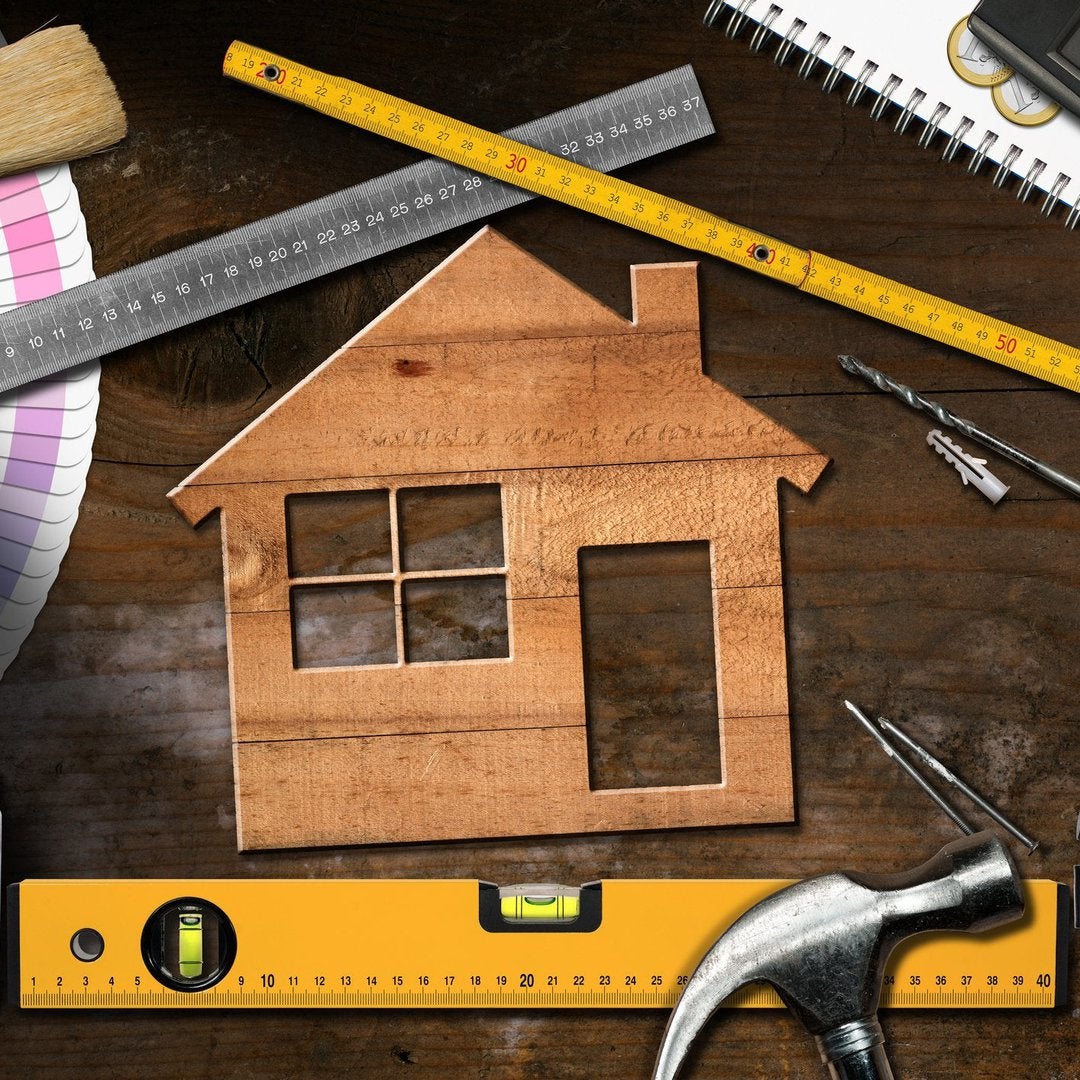4 Emergency Expenses to Plan for in 2021

Here’s why it pays to boost your cash reserves.
You’ve probably been told time and time again that it’s important to have money tucked away in a savings account. But if you’ve never been hit with an unplanned bill, you may not feel so compelled to sock away that extra cash.
Here’s the thing, though: Life has a funny way of costing us more than expected. With that in mind, here are a few emergency expenses you may encounter in the course of the year.
1. Home repairs
When you own a home, there’s always the potential for something to go wrong, whether it’s a minor issue like a leaky sink or a major issue like a leaky roof. Home repairs can be extremely expensive, and you can’t always tackle them yourself. As such, it’s essential to have money on hand to hire a professional to take care of a problem as soon as it pops up. Also, don’t assume you won’t get hit with costly repairs just because your home is on the newer side. Problems can come up with recently constructed homes, too, and while many of these homes have a warranty that covers your first year, after that, you’ll be on your own.
2. Car repairs
If you own a car, you probably rely on it to get to work, run errands, and, well, function. So if an issue arises with your vehicle, it’s imperative that you get it addressed at once. And unless you happen to be a mechanic or have comparable skills, you’ll need to pay for car repairs. Remember, it doesn’t always matter that you do a great job of keeping up with auto maintenance. You never know when you might run over a nail on the road and need a new tire — and that’s a relatively low-key expense. So be sure to sock away funds to cover those costs.
3. Medical bills
You can be a perfectly healthy individual only to have an accident or get injured and land in the emergency room with a pile of bills. Even people with decent health insurance can wind up on the hook for costly medical expenses, so you need to have emergency cash on hand in case that happens. After all, when you’re trying to recover from a health-related episode, the last thing you need is the stress of how you’re going to pay.
4. Job loss
You never know when you might lose your job, and unfortunately in today’s economy, it’s an even more distinct possibility. While those who lose their jobs through no fault of their own are generally entitled to unemployment benefits, those benefits may not come close to replacing your paycheck in full. That’s why you need money in the bank to help ensure you’re able to keep up with your bills while you look for work.
It’s more fun to spend money than it is to save it, but the reality is that you never know when having an emergency fund will come in handy. At the very least, you should aim to sock away enough money in the bank to cover three months of living expenses. And for better protection, push yourself to save six months’ worth. Having that cash on hand could turn an otherwise dire situation into a manageable one, so do your part to buy yourself that protection.
Published at Sat, 06 Feb 2021 14:00:27 +0000






Comments
Loading…